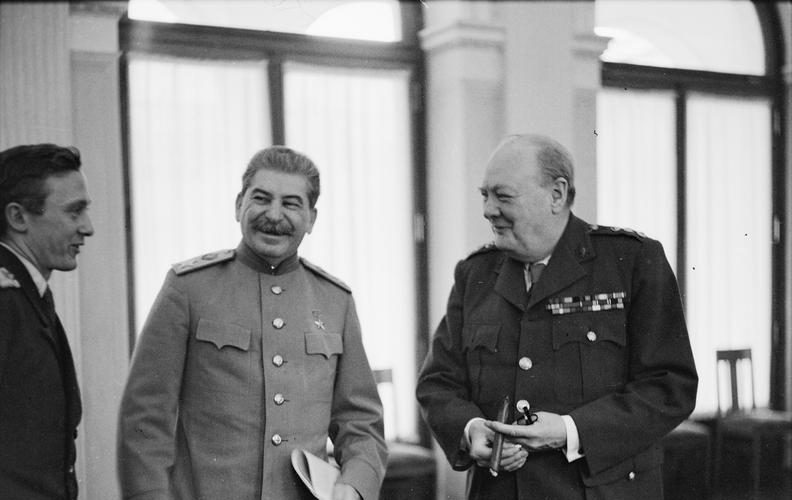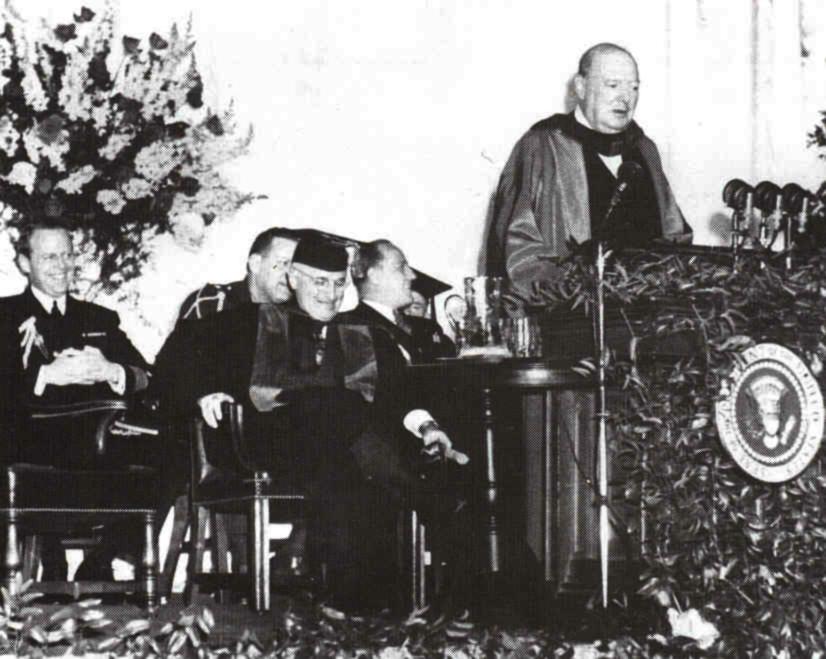
Marc-William Palen and Richard Toye
University of Exeter
Richard Toye, Professor of Modern History at the University of Exeter, needs little introduction to readers of the Imperial & Global Forum. Toye is a leading historian of modern British politics, the British Empire, and postwar internationalism. Among his previous publications are The Labour Party and the Planned Economy, 1931-1951 (2003), Churchill’s Empire (2010), Arguing about Empire: Imperial Rhetoric in Britain and France, 1882-1956 (with Martin Thomas, 2017), Winston Churchill: A Life in the News (2020), and, with David Thackeray, Age of Promises: Electoral Pledges in Twentieth Century Britain (2021). Toye is also former director of the Centre for Imperial and Global History and the host of the Imperial & Global Forum’s ‘Talking Empire’ podcast series. You can follow him on Twitter/X @RichardToye and on Threads @Richard_John_Toye. His newest publication, Age of Hope: Labour, 1945, and the Birth of Modern Britain, will be published with Bloomsbury on 12 October 2023, in advance of the 100th anniversary of the first Labour government in 2024. Age of Hope is the subject of our interview today.
MP: Briefly, how would you summarize Age of Hope?
RT: It is an attempt to put the Labour government of 1945 into long-term perspective. This involves both going back to the 1880s, when many of its leading figures were born, and forward to the present day, when its legacy continues to be felt. Although I hope that readers of all political persuasions can profit from it, I don’t attempt to be absolutely politically neutral. Especially in the conclusion I make some suggestions about how the Labour Party might learns some of the lessons of the Attlee era as it stands (probably) on the edge of power.
Continue reading “Age of Hope: A CIGH Interview with Richard Toye”















You must be logged in to post a comment.